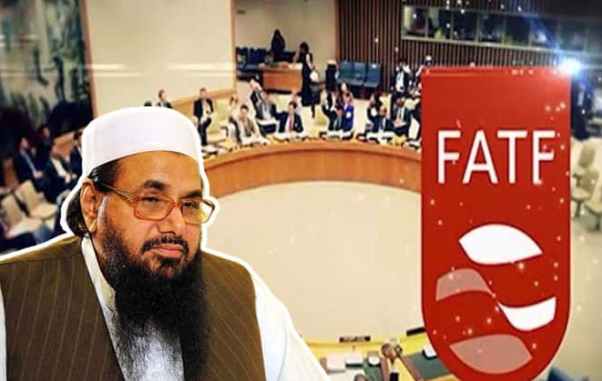Ahead of the crucial Financial Action Task Force (FATF) October meet, when Pakistan’s performance in acting against terror-financing infrastructure will be assessed, Indian agencies plan to highlight its inaction in the Pulwama, 26/11 Mumbai attack and Daniel Pearl murder cases. Indian agencies are sharing details with key FATF members of the Pulwama attack in February 2019, in which 40 Central Reserve Police Force personnel lost their lives and many were injured.
“The Pakistani establishment has to prove that it is serious about dismantling the terror-funding infrastructure, which is possible only by ensuring that cases against the key figures and organisations involved in raising funds and masterminding terror attacks attain finality and such elements are punished. Given that no such concrete steps are being taken, we need to flag the issue,” said a government official.
About a month ago, the National Investigation Agency arrested an alleged Jaish-e-Mohammad conduit for providing shelter and logistical support to those involved in the attack. The NIA said the accused named Bilal Ahmed Kuchey had arranged phones for the conspirators to facilitate their communication with Pakistan-based handlers and also prepare a video clip of the attack. The agency has so far arrested seven persons in the case
Another case pertains to the 26/11 Mumbai attacks carried out by the Lashkar-e-Taiba (LeT) in 2008, in which six U.S. citizens were killed. “The United States has also repeatedly asked Pakistan to bring four accused persons, Mazhar Iqbal, Sajid Mir, Abu Qahafa and Abdur Rehman Hashim Syed, to justice,” said the official. A case against seven accused, including Zaki-ur-Rehman Lakhvi, has been pending before a Pakistan anti-terror court since 2009. Top LeT figures like Hafiz Saeed were never arraigned.
The Daniel Pearl abduction and murder case has also not attained finality in terms of action against those involved. “About 18 years ago, Ahmed Omar Saeed Sheikh and three others were convicted. However, on April 2, the Sindh High Court overturned it and reduced the death sentence to seven years in jail, effectively setting him free. His accomplices, who were sentenced to life, were also acquitted,” the official said.
The Sindh government appealed in the Supreme Court, which in July refused to suspend the High Court’s judgment and deferred the hearing to September 22. “The likelihood of bringing in fresh and compelling evidence or highlighting serious flaws in the High Court ruling now appears to be remote,” the official said.













